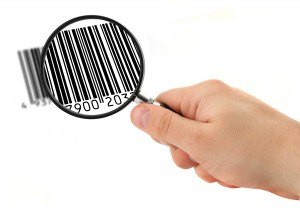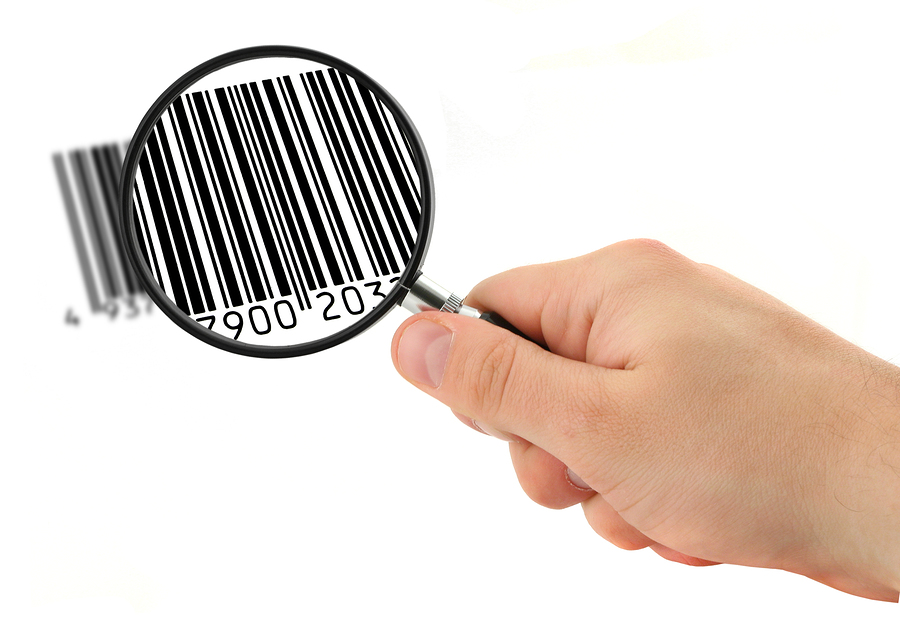 Barcode related errors and omissions are often the result of unclear relationships between a printer and their customer. Frequently claims are filed and paid without considering circumstances beyond the control of the printer or due to requirements imposed by the customer. Here are the five most important questions a claims adjuster should ask his customer after a claim has been filed.
Barcode related errors and omissions are often the result of unclear relationships between a printer and their customer. Frequently claims are filed and paid without considering circumstances beyond the control of the printer or due to requirements imposed by the customer. Here are the five most important questions a claims adjuster should ask his customer after a claim has been filed.
1) Do you have a contract with your customer and what does it specifically say about barcode quality?
A great many printers continue to have informal relationships with their customers and produce packaging or advertising materials based on subjective attributes and qualities. Even when the relationship is spelled out in a contract, the barcode is often not specifically addressed.
If the customer has not clearly instructed the printer on what is expected, the printer cannot be expected to know what the customer wants.
2) Who supplies the barcode data that you print for your customer?
Brand owners are responsible for assigning barcodes to their products and maintaining a high quality database of those number assignments to guard against mistakes, such as using a number for more than one product. The printer should get this information in writing from the brand owner and if it is provided by a third party, such as a graphics designer, the customer should sign off on a proof before going to print.
Verbally transmitted barcode information is a recipe for disaster and made worse if the information is second-hand via a third party, such as a graphics designer or advertising agency.
3) Where did you get the electronic file for the barcode?
Often, printers receive the electronic file of the barcode from the brand owner or graphics designer. This may absolve them from errors in the encoded barcode numbers, but the electronic file also contains attributes that pertain specifically to the printer’s process. For example, in virtually every printing operation the ink spreads when applied to paper. The barcode file can be set up to compensate for this—but the amount of spread is specific to the printer and must be known when the file is created. If the file is not compensated correctly or not compensated at all, the printer is powerless to correct it.
A customer-provided barcode electronic file is intended to avoid problems, but in fact often causes problems because it was not created to the printer’s specific process requirements.
4) What does your customer require regarding barcode quality?
Often, this is never discussed between a printer and their customer—until there is a problem. This lack of clarity comes from the long history of printing as an art. Barcodes have changed printing from an art to a science where things that look good aren’t necessarily acceptable. Savvy brand owners require printers to provide high performing barcodes.
What is a high performance barcode? It is a barcode with predictable scanability no matter where it goes or what kind of scanner it will encounter. Top quality barcodes get A grades and are predicted to scan successfully most of the time; low quality barcodes are F’s and will probably fail to scan most of the time.
5) How do you check the quality of your barcodes?
The only way to predict that a barcode will work is to test it against the ISO specification that defines and grades the printed image. The test device is called a verifier, and it too must be an ISO compliant device that was recently calibrated. Scanners cannot reliably test barcodes because different scanners behave differently. ISO-compliant verifiers all behave identically because they all comply with a known standard.
When a claim is filed for a barcode problem, it should be documented with a report from an ISO compliant verifier. If there is a problem with the printed image or the data structure of the barcode, this will show specifically what it is; from this it can be determined whether the problem originated with the electronic barcode file or with how the barcode information was conveyed to the printer.
 John Nachtrieb, owner of Ill.- based Barcode-Test, LLC, a company specializing in bar code testing, seminars and verification equipment, can be reached at john@barcode-test.com. Learn more at www.barcode-test.com.
John Nachtrieb, owner of Ill.- based Barcode-Test, LLC, a company specializing in bar code testing, seminars and verification equipment, can be reached at john@barcode-test.com. Learn more at www.barcode-test.com.
Was this article valuable?
Here are more articles you may enjoy.


 Elon Musk Alone Can’t Explain Tesla’s Owner Exodus
Elon Musk Alone Can’t Explain Tesla’s Owner Exodus  Uber Jury Awards $8.5 Million Damages in Sexual Assault Case
Uber Jury Awards $8.5 Million Damages in Sexual Assault Case  UBS Top Executives to Appear at Senate Hearing on Credit Suisse Nazi Accounts
UBS Top Executives to Appear at Senate Hearing on Credit Suisse Nazi Accounts  Founder of Auto Parts Maker Charged With Fraud That Wiped Out Billions
Founder of Auto Parts Maker Charged With Fraud That Wiped Out Billions 